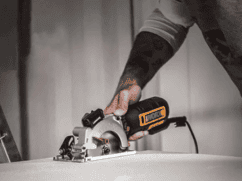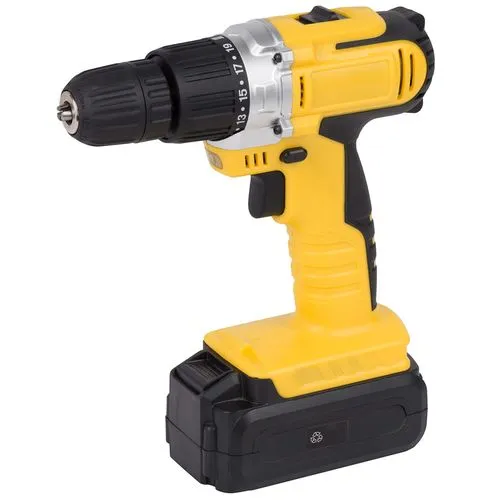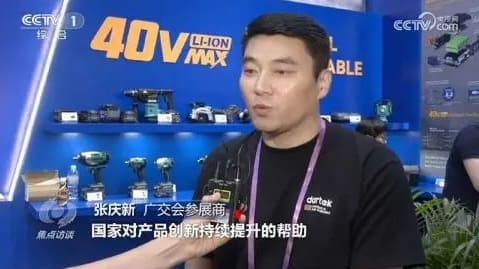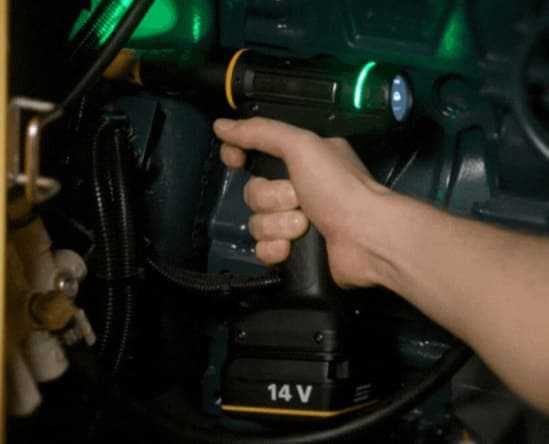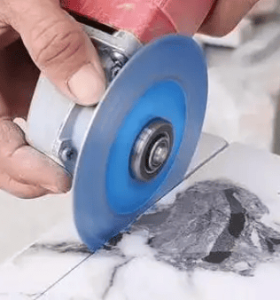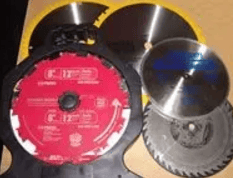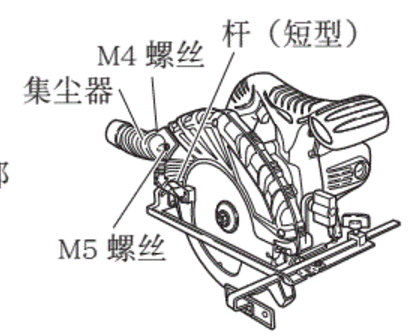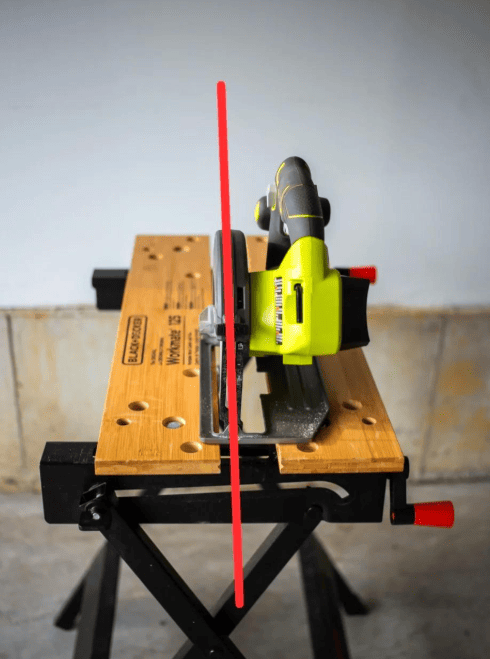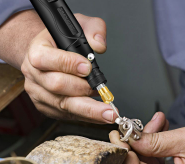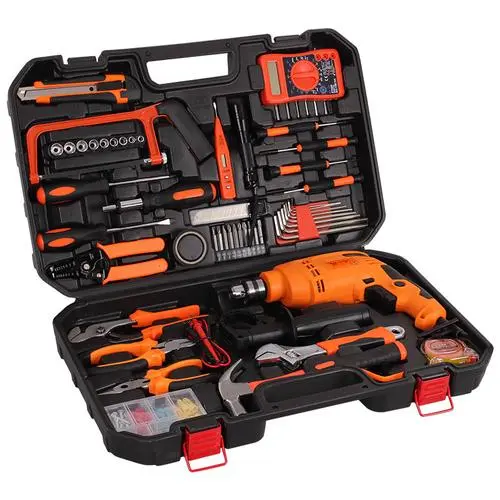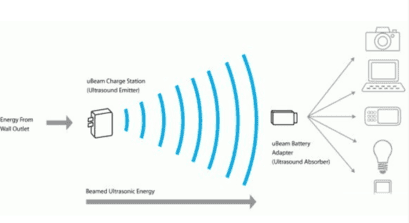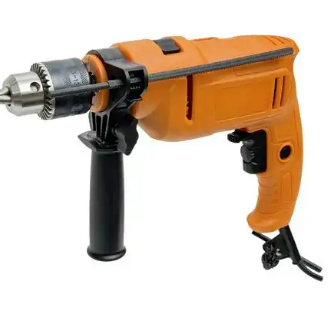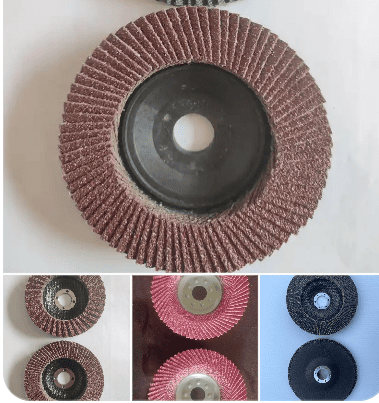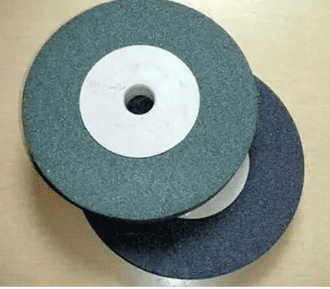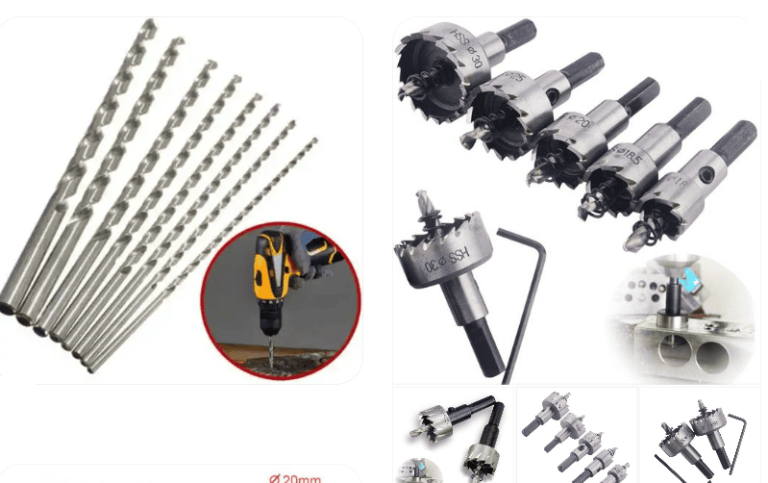The first reading of the European Parliament will remove the cadmium exemption for cordless power tool batteries and ban mercury in button batteries
On October 10, 2013, the European Parliament passed a regulation on first reading concerning the removal of the cadmium exemption for cordless power tool batteries and the prohibition of mercury in button batteries. Among them, the cadmium exemption in wireless power tool batteries can continue to be used until December 31, 2016, the prohibition of mercury in button batteries does not have a specific time limit, and the mercury content in button batteries for hearing AIDS is exempted. The time limit requirements for banning mercury in button batteries and the limit requirements for exempting button batteries for hearing AIDS will be clarified in subsequent regulations.
The 2006 EU Battery Directive (2006/66/EC) requires member States to ban all batteries and accumulators containing more than 0.0005% mercury (% by weight) (whether or not used with equipment) and portable batteries and accumulators containing more than 0.002% cadmium (% by weight) (including products used with equipment). Put it on the market. However, the directive also exempts the cadmium content of portable batteries and accumulators used in emergency/alarm systems, medical equipment, and cordless power tools. The directive also requires the European Commission to conduct regular research on the exemption conditions in order to adapt to the latest technological requirements.
On 1 November 2012, the EU submitted to the WTO Communication G/TBT/N/EU/74 on amending the Battery Directive to remove the exemption for nickel-cadmium batteries used in cordless power tools. With effect from January 1, 2016, the exemption for cadmium content in portable batteries and accumulators used in cordless power tools will be removed. Once implemented, the proposal will increase the entry threshold of China’s power tool industry and battery industry in the EU market, causing a certain impact on China’s power tools and battery exports to the EU, and will force relevant manufacturers to adjust their products to adapt to the European market in the future.
In December 2012, the Chinese government organized relevant enterprises to comment on the notification, suggesting that the EU extend the time of lifting the exemption until at least December 31, 2019, and set a transition period (about 5 years) for the backup battery that is not less than the life of the power tool. The first reading of the European Parliament extended this exemption period by one year, that is, the cadmium exemption for cordless power tool batteries can be maintained until December 31, 2016.

China is the world’s battery and power tools production and export power. The adoption of the first reading of the European Parliament on the cancellation of the cadmium exemption for cordless power tool batteries and the prohibition of mercury contained in button batteries will have a greater impact on the majority of battery and power tool manufacturers in China, which will increase the export cost of China’s power tool products, increase the burden on enterprises, and then affect the competitiveness of China’s power tool products in the European market. At the same time, the Chinese government should also increase efforts to promote the transformation and upgrading of the battery industry, enterprises should also regularly track the release of foreign technical trade measures, timely measures to improve the production process, improve production standards, in order to meet the needs of market changes.

